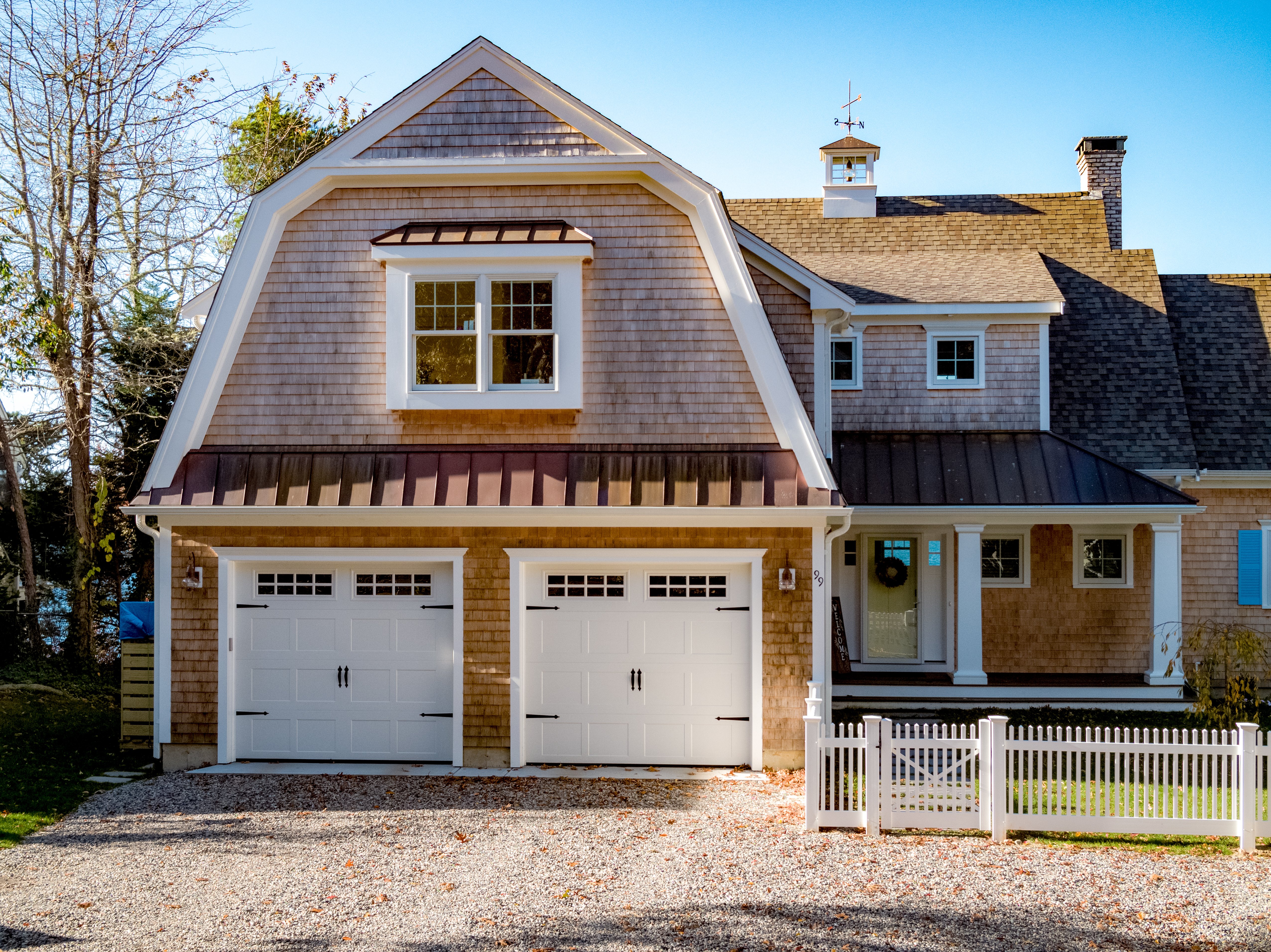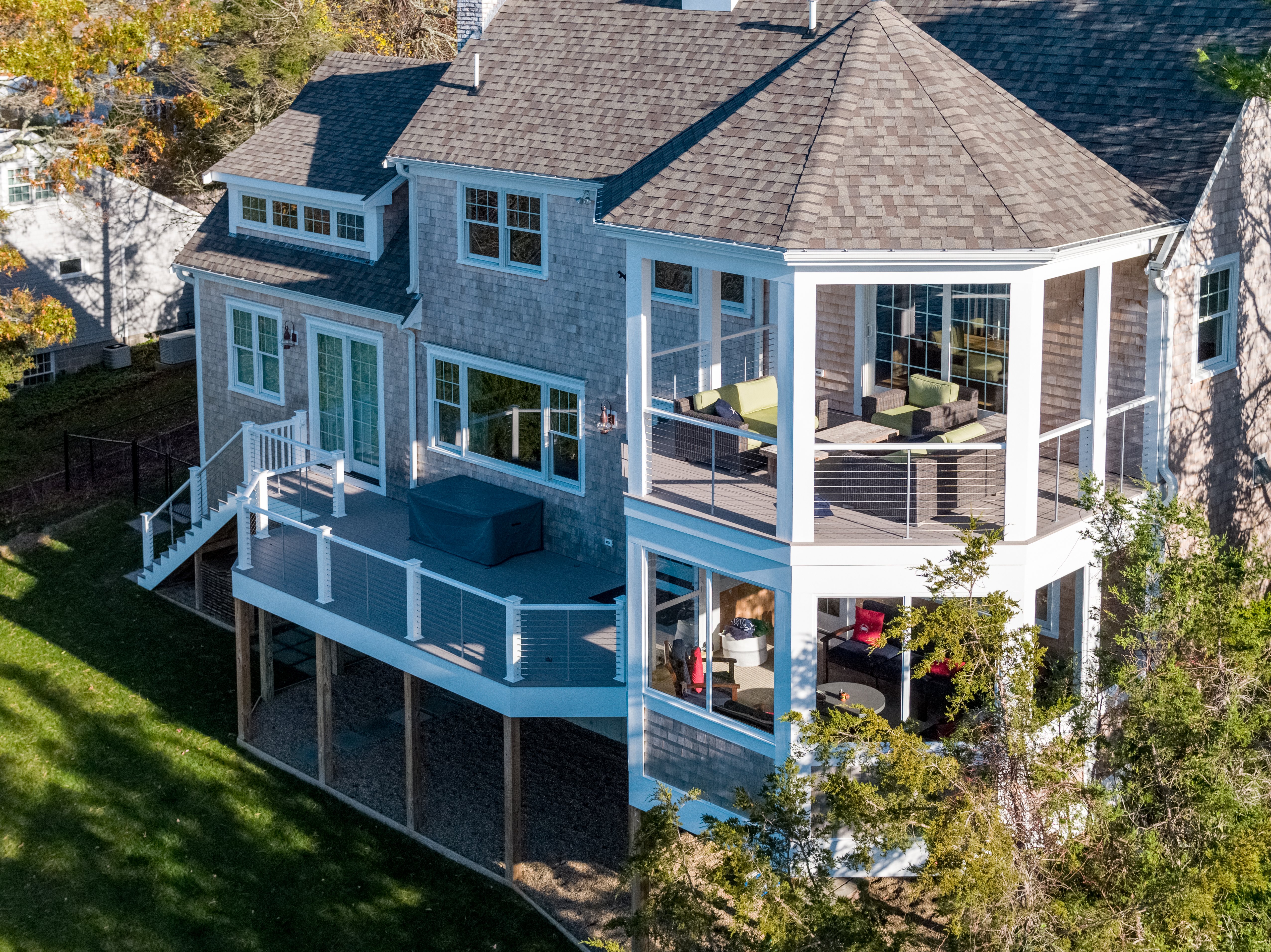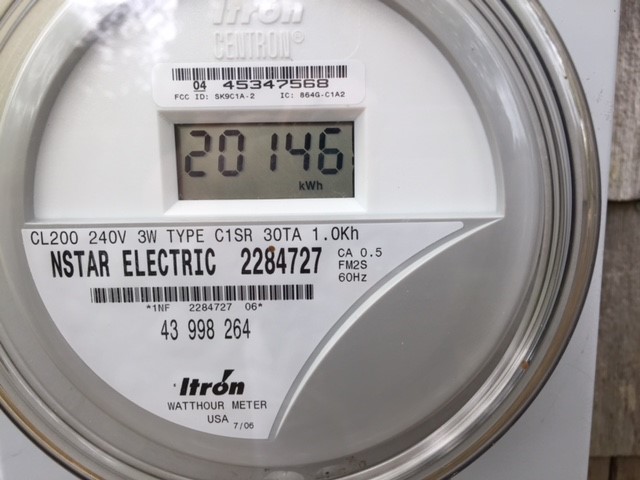Explore the influence of the Massachusetts Municipal Opt-in Code on the expenses related to constructing a house.
Understanding the Massachusetts Municipal Opt-in Code
The Massachusetts Municipal Opt-in Code refers to a policy that allows municipalities in Massachusetts to adopt and enforce their own building regulations and requirements. It gives local governments the authority to establish rules and standards that align with their specific needs and priorities. This code provides flexibility for municipalities to address unique challenges and promote sustainable development. Currently, as of March 2024, the towns of Wellfleet and Truro of adopted this optional code, however, several other towns such as Orleans, Eastham, Chatham, and Barnstable are considering adoption.

By understanding the Massachusetts Municipal Opt-in Code, homebuyers and builders can gain insights into the specific regulations and requirements they need to adhere to when constructing a house in a particular municipality. It is crucial to familiarize oneself with the code to ensure compliance and avoid any unexpected costs or delays.
Impact on Building Permits and Regulations
One of the significant impacts of the Massachusetts Municipal Opt-in Code on the cost to build a house is related to building permits and regulations. With this code, municipalities have the authority to establish their own permitting processes and requirements, which may differ from those at the state level.
While this can provide more tailored regulations for local needs, it can also introduce additional costs. Builders and homebuyers may need to navigate through a potentially more complex permitting process, which might involve additional documentation, inspections, or fees.
Furthermore, the code may introduce stricter regulations in certain areas, such as zoning restrictions or design guidelines, which can impact the overall cost of construction. It is essential to consider these factors when estimating the expenses associated with building a house.

Effect on Material and Labor Costs
The Massachusetts Municipal Opt-in Code can also have an effect on material and labor costs. As municipalities have the ability to establish their own building regulations, they may require the use of specific materials or construction techniques that differ from the statewide standards.
These variations can impact the availability and cost of materials. Builders may need to source materials that comply with the municipality's regulations, which could be more expensive or harder to find. Additionally, the code may require the use of labor-intensive techniques or specialized contractors, which can contribute to increased labor costs.
It is important for builders and home buyers to consider these potential impacts on material and labor costs when budgeting for the construction of a house.

Consideration of Energy Efficiency Standards
Another important aspect to consider when assessing the cost to build a house under the Massachusetts Municipal Opt-in Code is the consideration of energy efficiency standards. Municipalities may have the authority to establish their own requirements for energy-efficient construction and design.
While these standards aim to promote sustainability and reduce energy consumption, they may also add to the overall expenses of building a house. Energy-efficient materials and technologies can sometimes be more costly upfront, although they may lead to long-term savings in energy bills.
Builders and homebuyers should carefully evaluate the energy efficiency standards set by the municipality and consider the potential impact on the cost of construction and the long-term benefits of reduced energy consumption. Currently the consensus is that the payback period for these changes is more than 50 years, especially when you factor in the increased cost of renewable energy production, soon to hit consumers.

Overall Implications for Homebuyers and Builders
In conclusion, the Massachusetts Municipal Opt-in Code can have various implications for homebuyers and builders in terms of the cost to build a house. It provides municipalities with the flexibility to establish their own building regulations and requirements, which can result in both advantages and challenges.
While the code allows for tailored regulations that address local needs, it can introduce additional costs related to building permits, materials, labor, and energy efficiency standards. Homebuyers and builders should thoroughly understand the code and its potential impact on expenses to make informed decisions and ensure compliance with the regulations set by the municipality.
By considering these factors and carefully planning the construction process, individuals can navigate the Massachusetts Municipal Opt-in Code effectively and successfully build their desired houses.
If you would like more information about the Municipal Opt-in code and how it may impact your renovation, remodeling or new construction project here on Cape Cod, Click Here to download the latest version of our Construction Cost Guide


